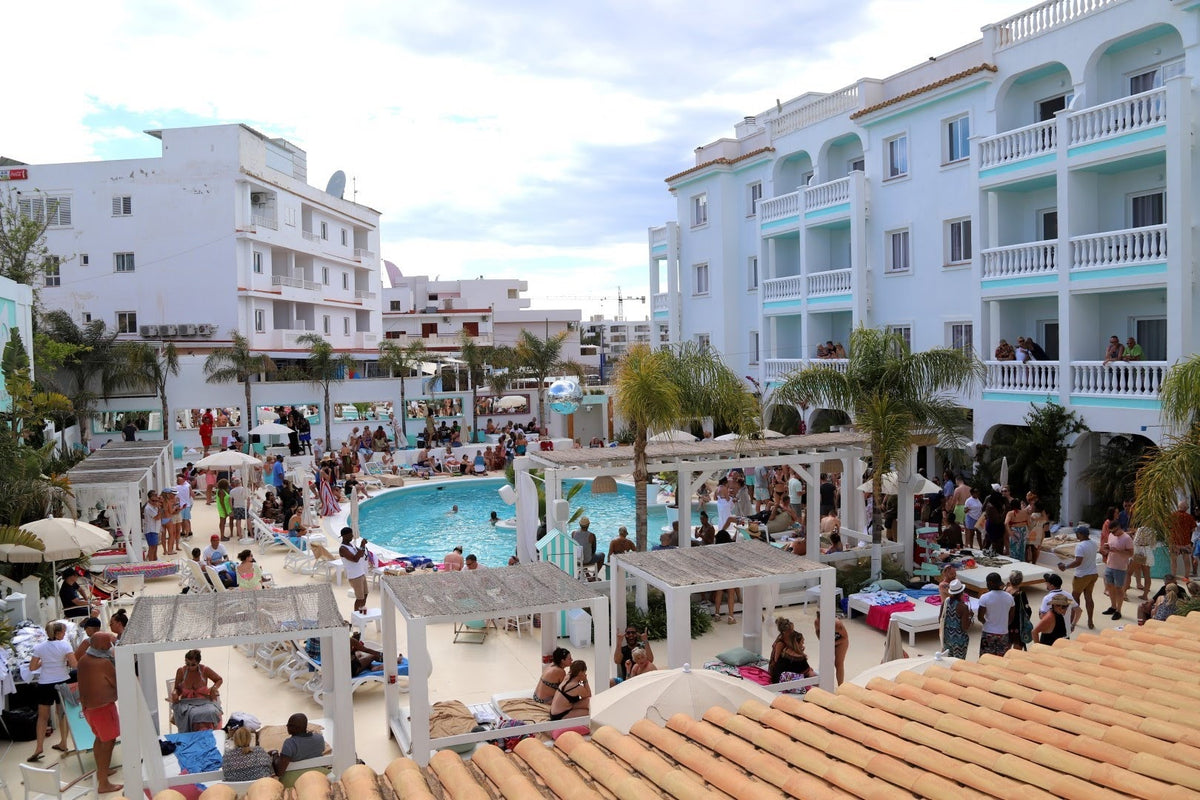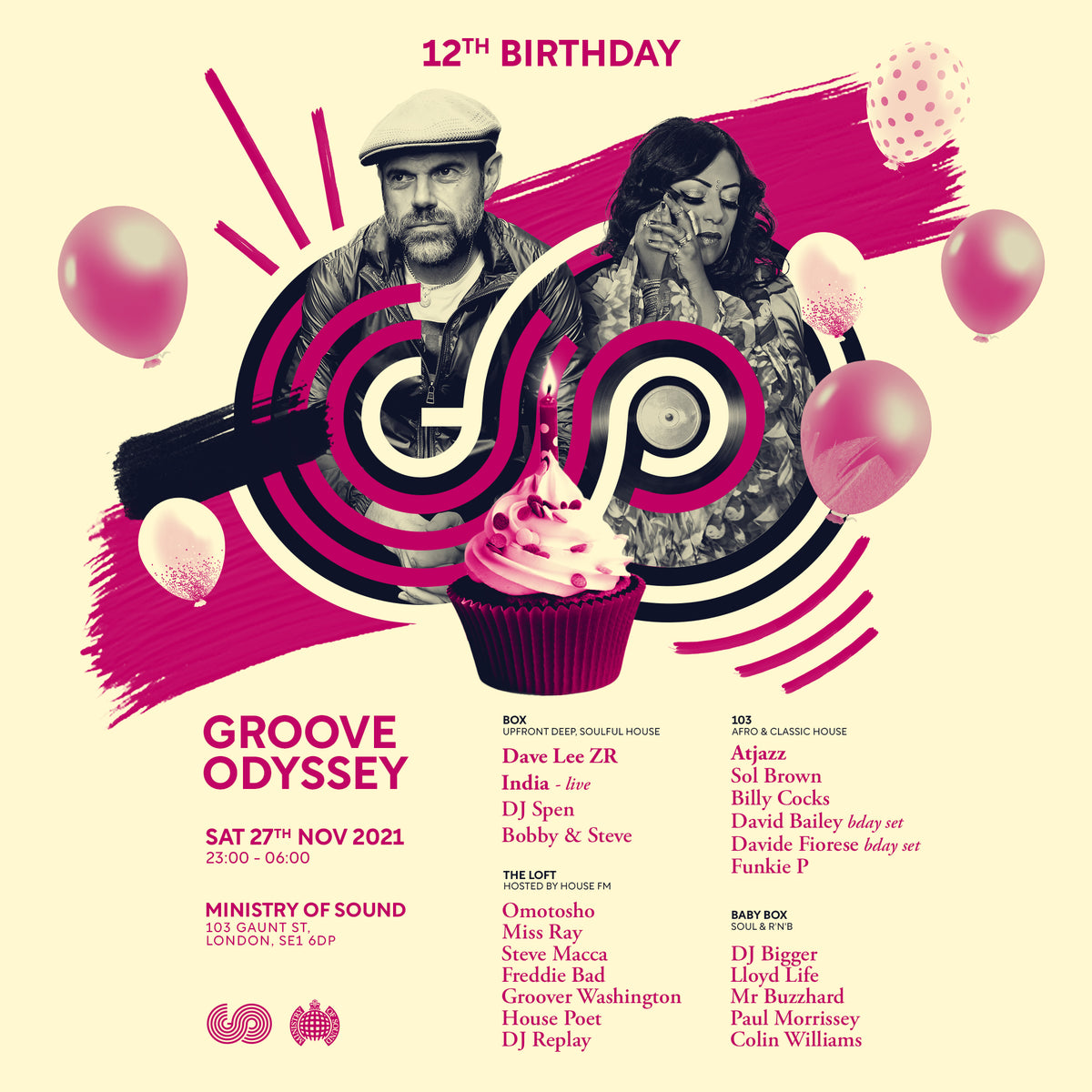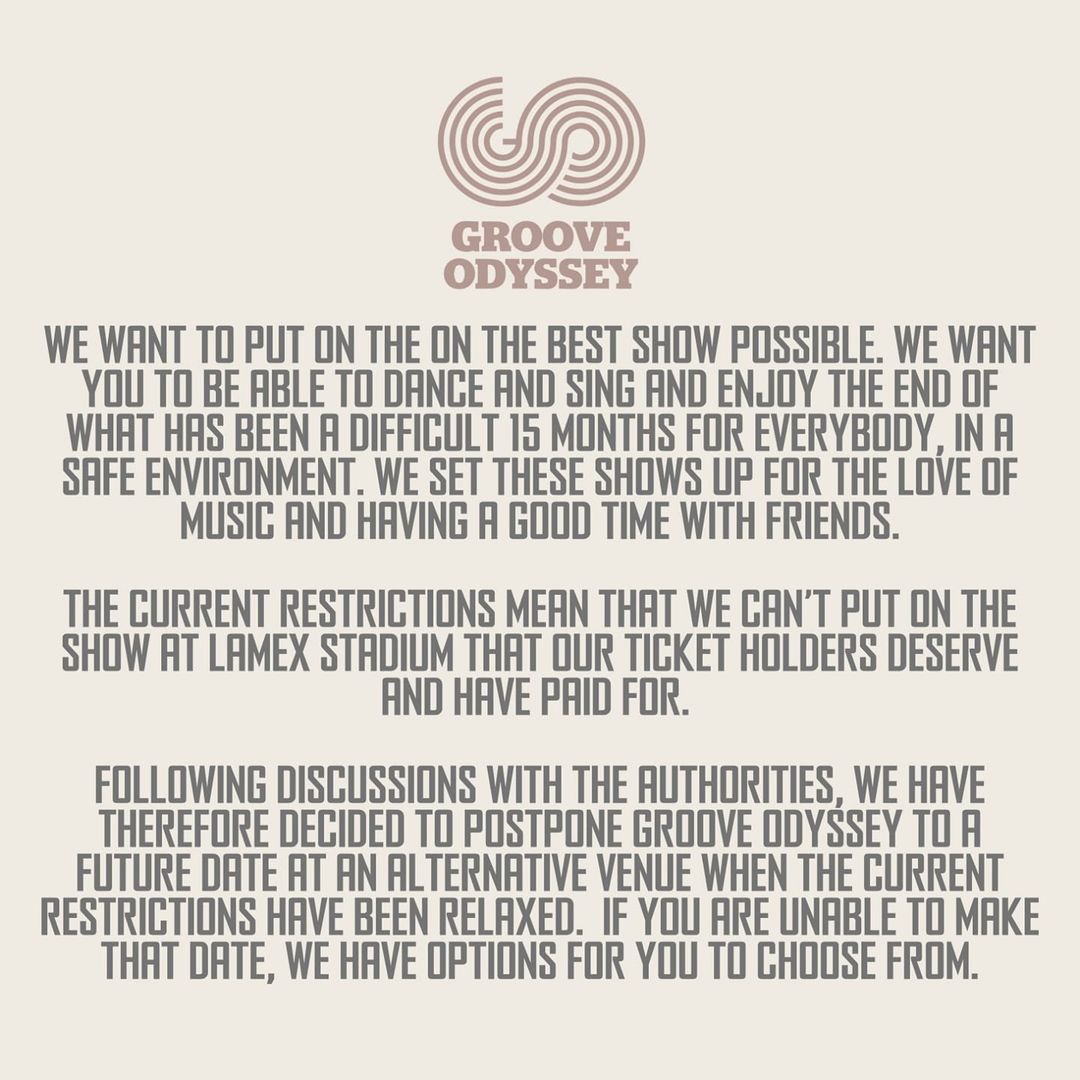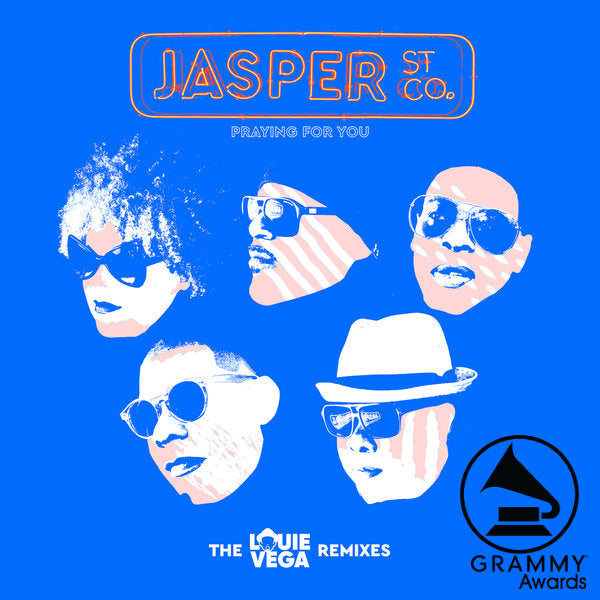
David Morales Talks To Groove Odyssey
Few DJs and producers have had such an impact on soulful house music as David Morales.
The Brooklyn-raised DJ has been crafting soundtracks ever since he was a kid. From his first house parties during school hours to seminal clubs like the Paradise Garage and Red Zone, Morales started out young, quickly earning the respect of clubbers across the globe for his unique and energetic blend of disco, soul, hip-hop, latin and house.
In addition to his DJing, Morales remains one of the most prolific remixers of all time, transforming many mainstream songs into huge dance tracks, with Grammy-winning re-productions for Mariah Carey, Michael Jackson, Cece Penniston and Shabba Ranks, among hundreds more.
Ahead of his headline set for our end of the year party at Ministry of Sound, we sat down with Morales to find out how he got to where he is today.

You first started out playing parties in friends’ apartments and putting on your own nights in Brooklyn. Not only would you sell tickets for these events, but you’d put up your own balloons, sell beer, decorate the space, etc. Did you enjoy the promotional aspect?
I was a big Loft head, so the Loft was a big inspiration for me and most of my friends from my neighbourhood went to the Loft.
I used to make my flyers, lick envelopes and put up flyers everywhere. It started out as something for just me and my friends and then it grew into something else. I had the underground after-hours in Brooklyn.
Is it something that wish you had a greater part in today?
Well, yes and no. Times have changed. Although I miss having my own weekly thing. It was such a great way to break new music. The last time was when I had my monthly residence at STEREO in Montreal.
How did you go from hosting your own parties to DJing in clubs?
Well, in reality, all I wanted to do was play records. So I started at first doing house parties and then I decided to try a club that was in my neighbourhood. I was always a DJ first and not a promoter. I used to invite people to be promoters, but in the end I had realised that the people were coming for my music and the promoters were making all the money and I was just taking a salary.
Describe walking into Paradise Garage.
I first went to the Garage as a clubber/dancer. I went on a Friday night which was straight. I was in awe just walking up the ramp and hearing that crazy bass. I used to hear stories about Larry playing on 4 decks which was actually 3 by the way. I was one of those heads that was there from the beginning to the end.
Would you say it was a turning point in your career when you were invited to play there?
The Garage was definitely a turning point for me because up until that time I had only played in Brooklyn so my first NYC club was the Mecca of clubs in the world.
I played both Friday and Saturday back to back for a total of 22 hours. After I played there I became the talk of the town. I was 21 years old.
Your first official remix was of Imagination’s “Instinctual”, released in 1986. How did that come about?
I was the pool director for Judy Weinstein's record pool, so I was in contact with all the promotion heads from all the record companies. I'm a big fan of Imagination so when I heard the mix that Stock Aitken and Waterman did, I hated it because it had sounded like a production for Rick Astley, so I asked the promoter if I could mix it.
I went into the studio with Josh Milan and did the mix. Meanwhile both Arthur Baker and the group hated the mix because they said that it was off key. I was like what? It sounds fine to me lol.
How did you learn to remix? Was it just a case of trial and error or did you have someone teaching you?
Bruce Forest introduced be to the studio world. Bruce had synths, drum machines and samplers in the DJ booth at Better Days. I really started by doing my own edits to play and from there I was an editor for hire, then of course I started buying studio gear.

A lot of your remixes were released on Def Mix, the production house that you founded with your manager Judy Weinstein in 1987. What inspired you to start the company?
Actually the remixers were credited to DEF MIX PRODUCTIONS. It just happened organically. I saw that Shep Pettibone put his mixes under MASTERMIX PRODUCTIONS so I decided to put mine under DEF MIX PRODUCTIONS. Frankie Knuckles happened to move back to NY and Judy started to manage him and the rest is history.
What Def Mix releases are you most proud of?
WOW... I've done so many... So let's see... Instinctual of course, 'Love Will Save The Day', 'Finally' CeCe Penniston, 'Mr. Loverman' Shabba Ranks, 'Where Love Lives', 'Dreamlover' and 'Space Cowboy' are my top faves. I mean there's more but...
Your first trip to the UK was in 1979, when you were invited to play at the Astoria by Pete Tong and Nicky Holloway. How different was DJing in the UK to DJing in the US? Did the crowd react differently to your sound?
I first went to London in 1989 and I was so excited and shocked because I was bigger in the UK than I was in my own country.
I had brought enough records to play a proper long set. I had no idea how the DJ sets went in the UK. It's funny really because I had played for 55 minutes and Pete came over and said that was great mate, and I was like huh? I didn't even play any of my top tracks because I was building up my set as I always normally do. Everyone from the States was like what happened? and I said that's how it is here.
What was your favourite London venue at the time?
Back in the day there was so many, but, in the beginning, High On Hope was the shit in London and then of course Ministry of Sound. I even remember some of the raves.
When you went back to the US you took records from artists like Soul II Soul and Techtronic with you, and started introducing them to crowds at Red Zone – a club that you held a residency at from 1989 to 1992. What did you like about the kind of music that these European artists were producing?
The UK had a big influence on me and my mixes musically speaking. I was into Soul ll Soul, Snap and KLF to name a few. I was really the only DJ in NY that was playing music from the UK. It's what the Red Zone was all about. A mix of NY and UK house.
During your three years at Red Zone you developed your signature “Red Zone Style”, the so-called darker side of your music. Did this reflect a turning point in your career, or was it simply just a change of direction for you in terms of mixing and producing?
The Red Zone sound was a result of the UK influence, and because the Red Zone was thee club at the time I was able to get away with playing different music. It's something that just happened organically.
From the mid-nineties, you spent a lot of time touring internationally. How did you find life on the road?
I still spend a lot of time touring lol... I learned to get adjusted to it. Life on the road is not easy, but it paid well considering the time that was put into it.
Do you still enjoy a busy touring schedule, or do you prefer to have more down-time?
After touring for almost 30 years it sort of becomes a lifestyle. It's all I know really. The idea now is to find the right balance. One has to find the right balance because it's so easy to get caught up in the life.
And finally, you’ll be joining us for our end of year party at Ministry of Sound on 29 December. What do you hope that 2019 brings you?
I've learned to be grateful for how far I've come in my life. I just want to be healthy and continue doing what I love to do best. I feel that I'm in a better headspace now than ever and I'm totally looking forward to playing at Ministry with Groove Odyssey.
